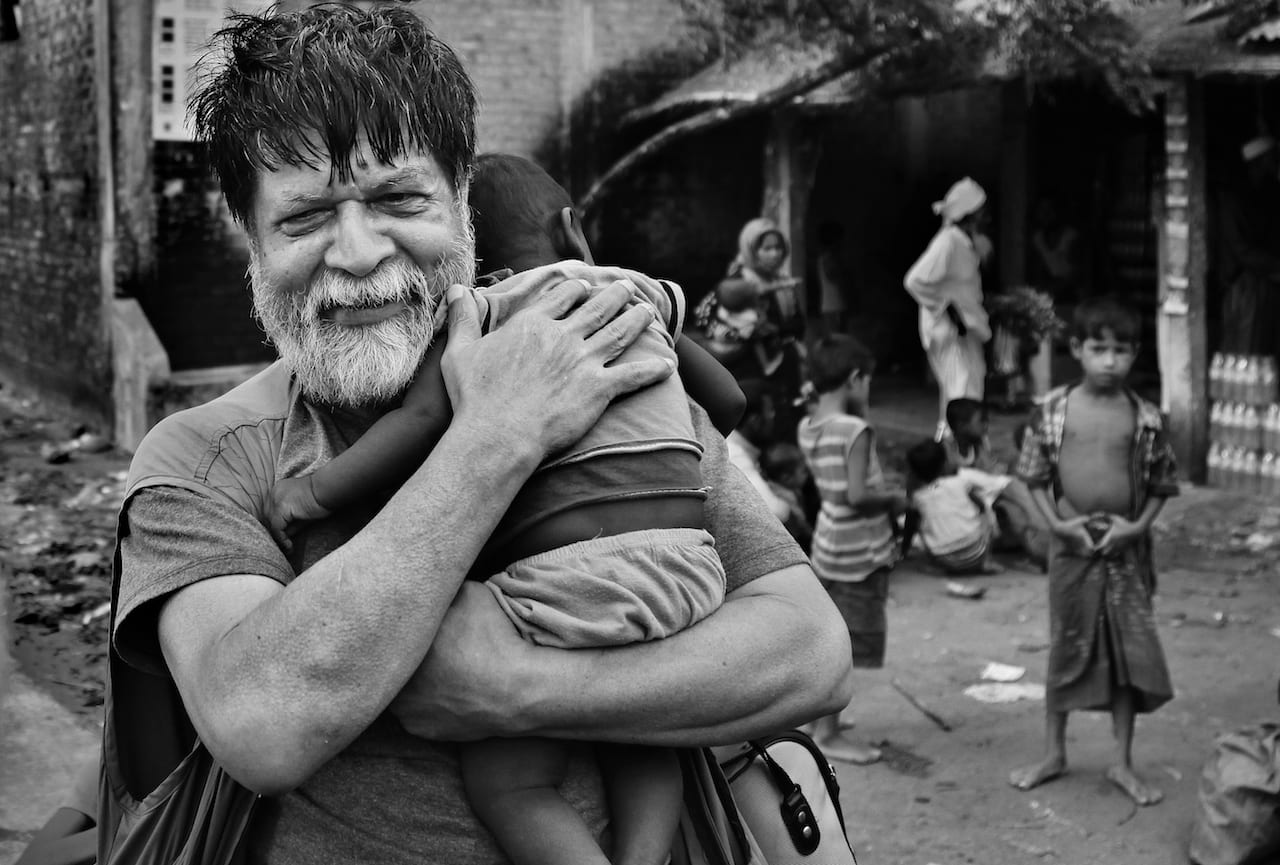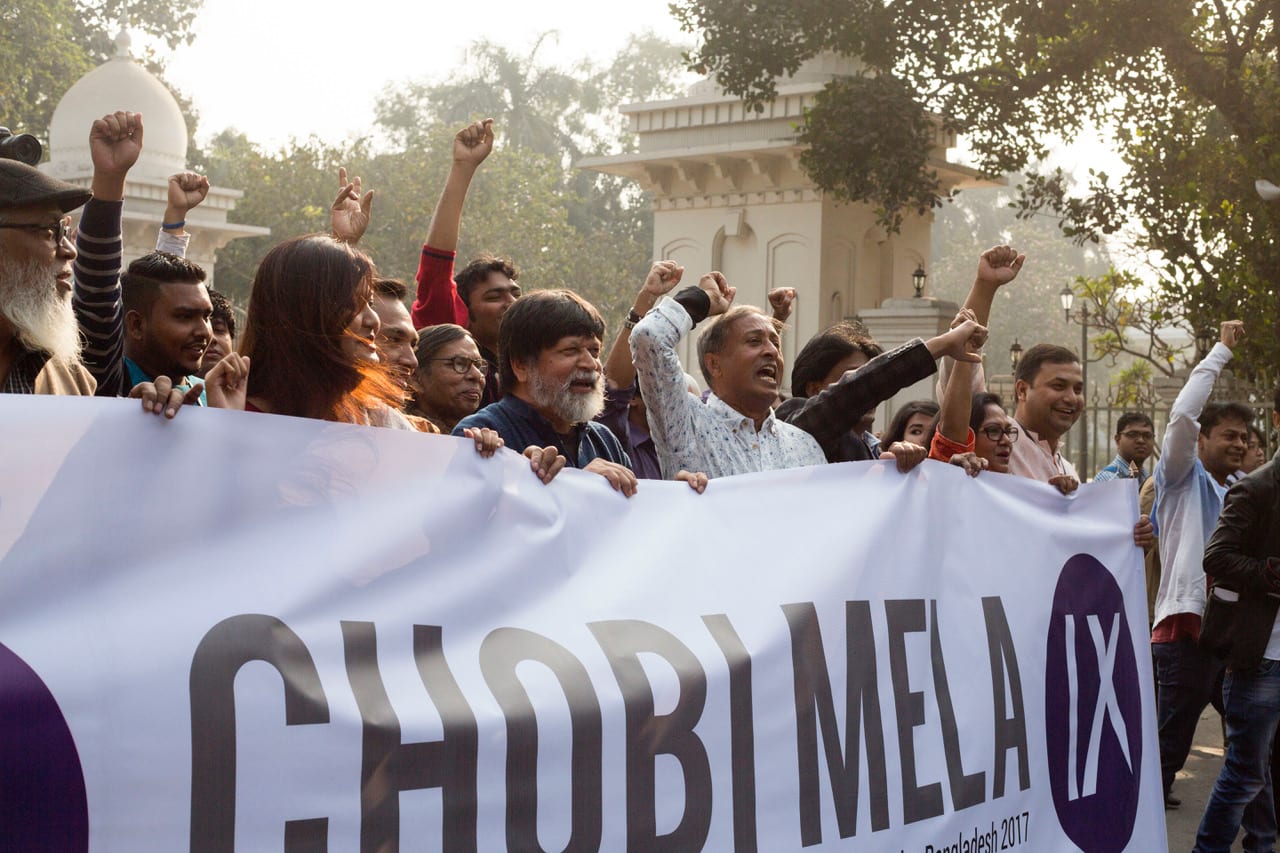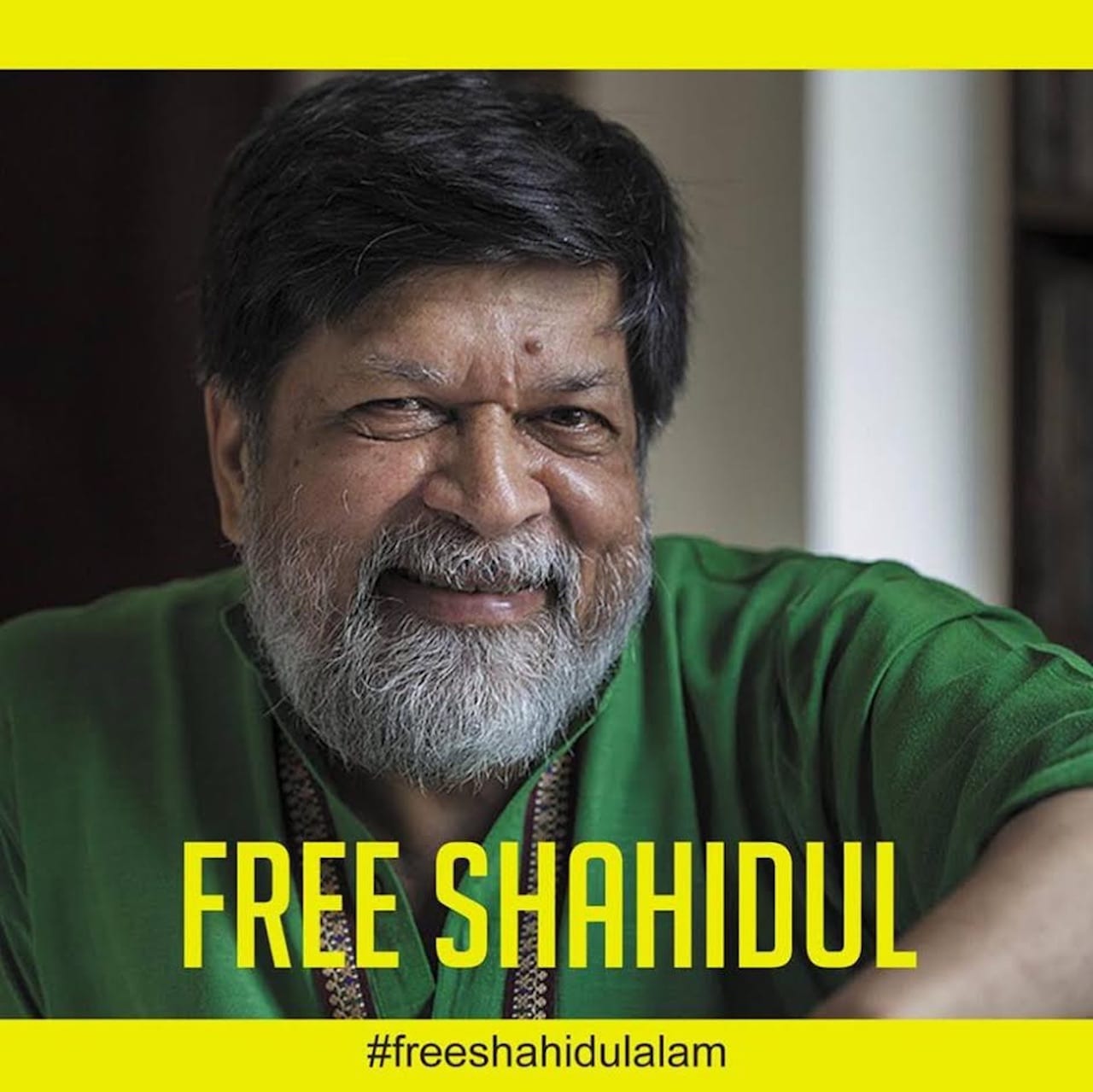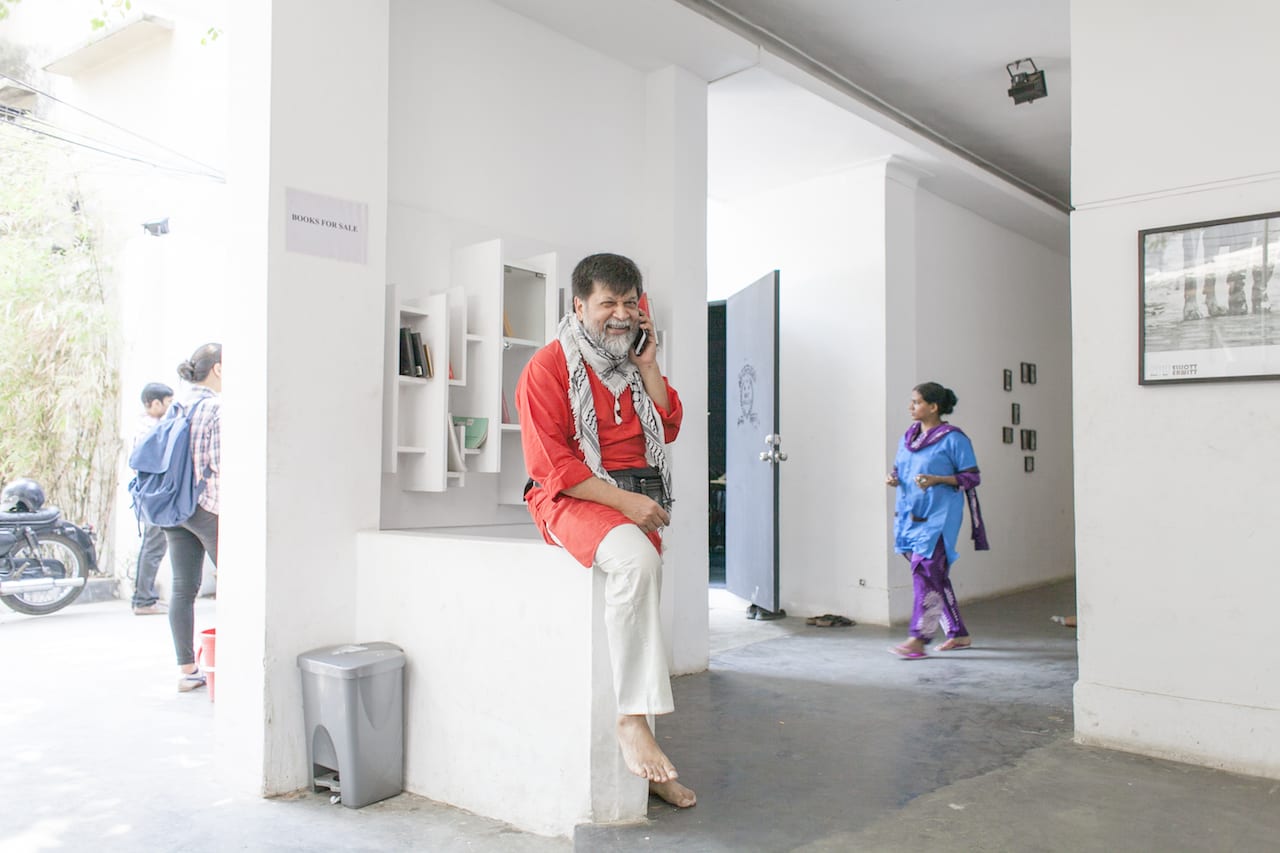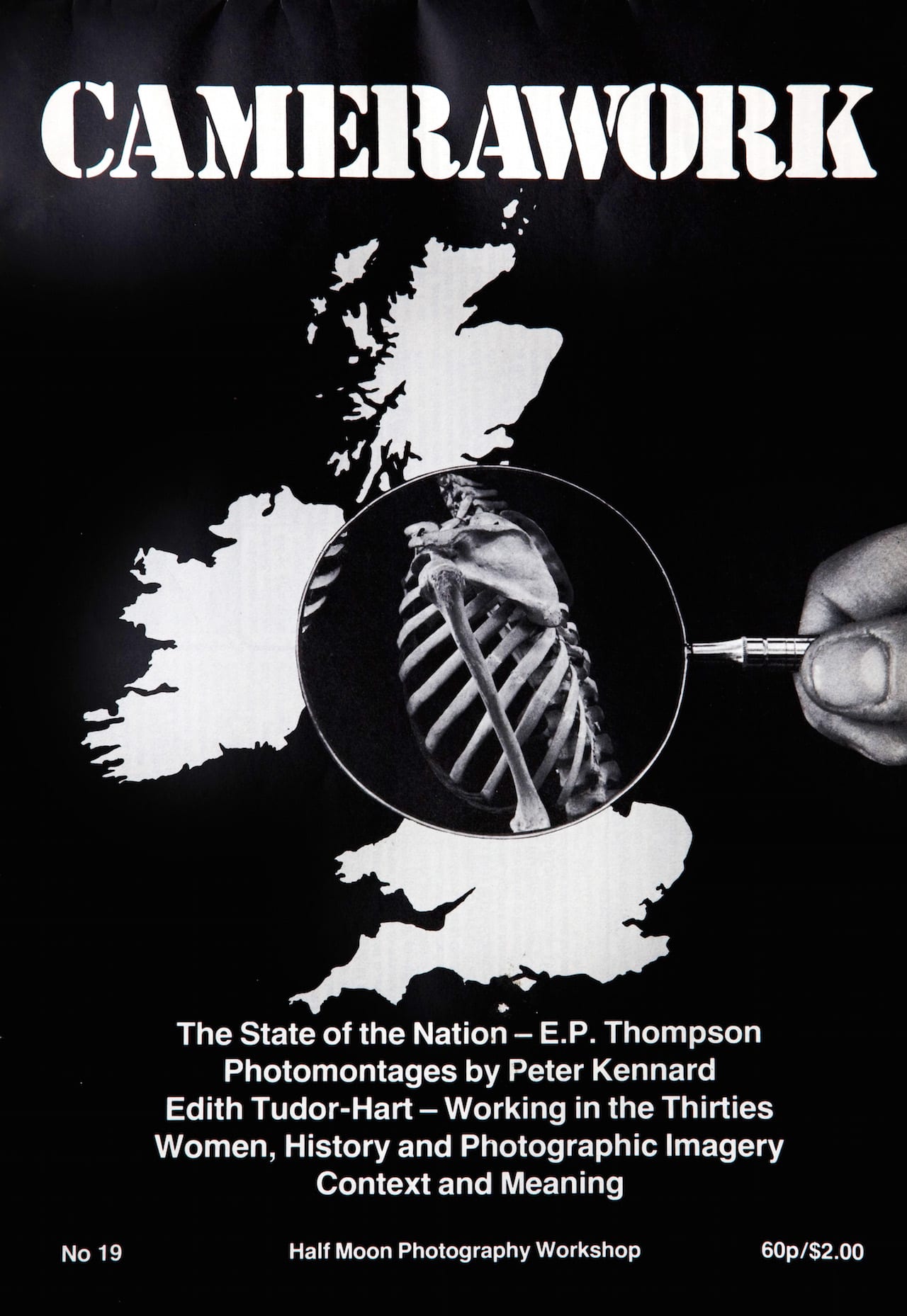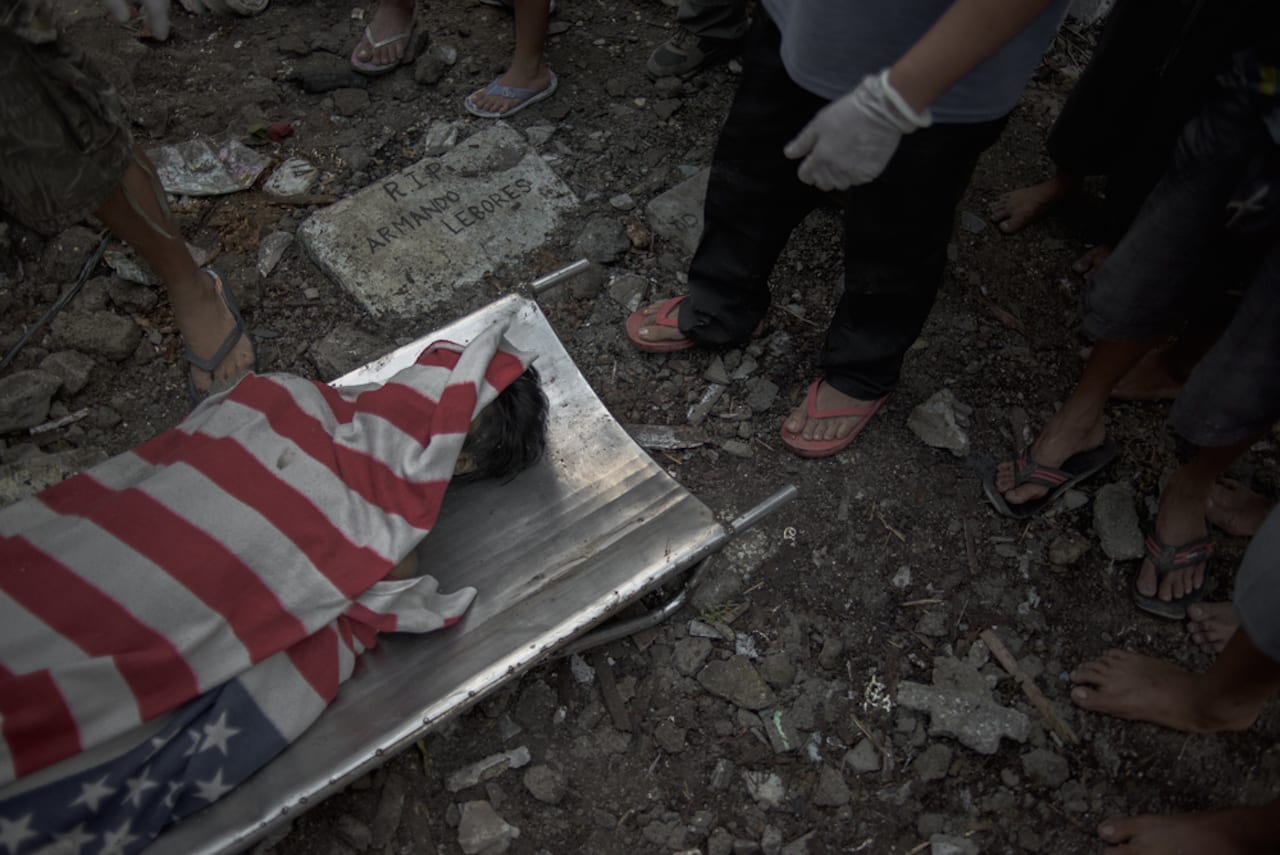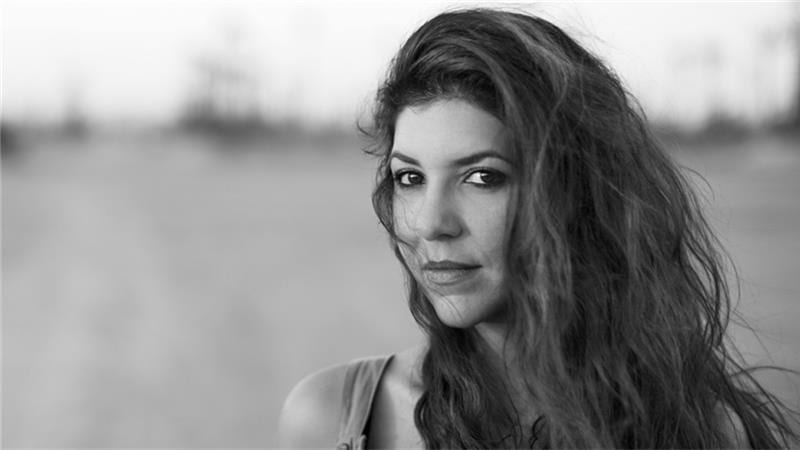Award-winning photographer Shahidul Alam has spent over 100 days in jail, but – according to Reuters and several Bangladeshi newspapers – has finally been granted bail by the High Court this morning. “We’re delighted that ultimately the court has granted him bail,” said his lawyer Sarah Hossain in the Reuters’ report, adding she expected her client to be out soon.
The 63-year-old photographer and activist was arrested at his home in Dhaka on 05 August, and was charged the next day with violating Section 57 of Bangladesh’s Information and Communication Technology Act (ICT), after giving an interview to Al Jazeera on the current wave of student protests in Bangladesh against unsafe roads. In the interview, he stated that these actions stemmed from anger about widespread government corruption, and the charges mean he faces up to 14 years in prison.

